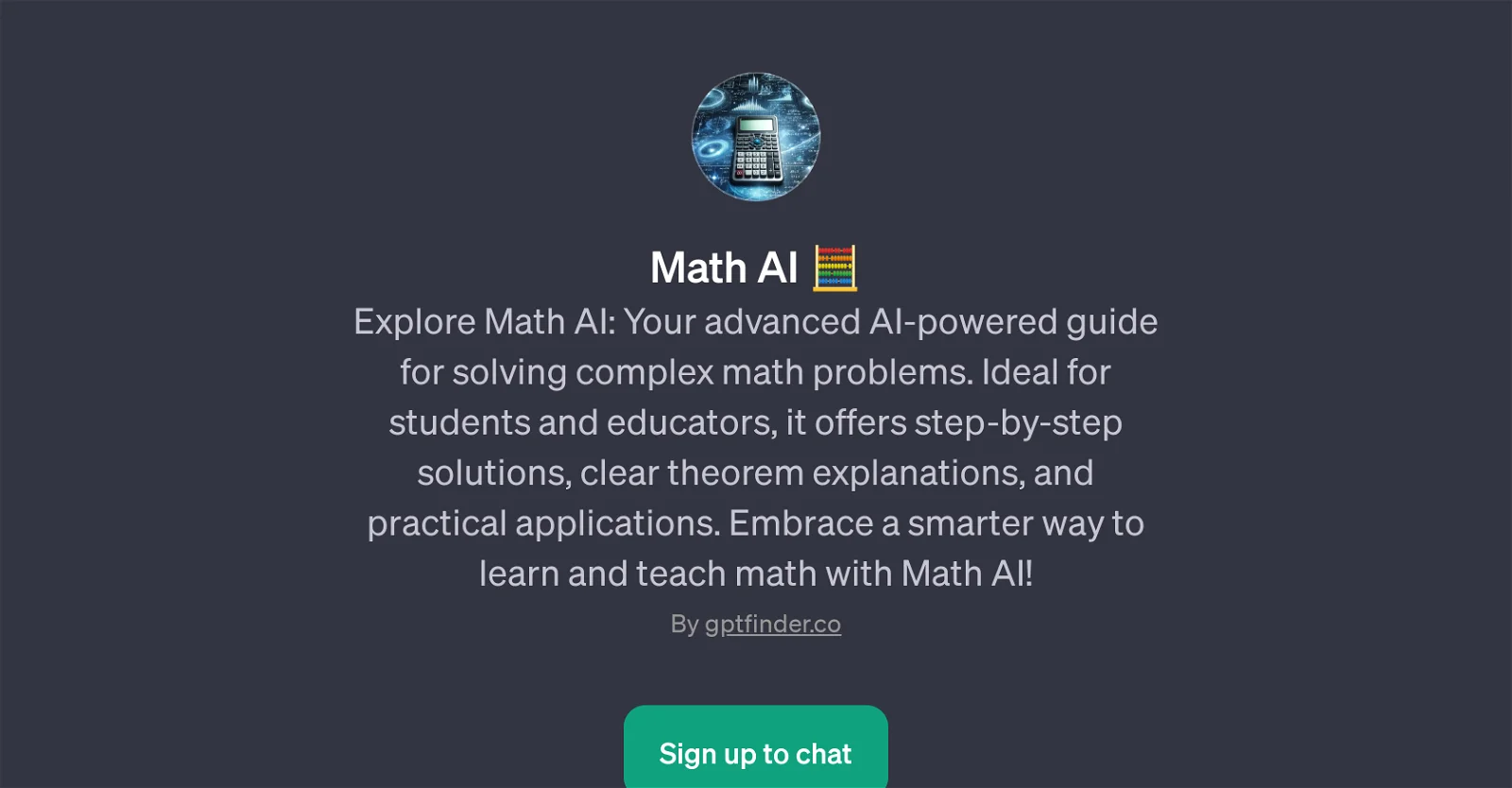By analyzing historical data and identifying underlying patterns, AI algorithms can forecast future trends and outcomes with remarkable accuracy. This ai math problem solver capability has profound implications across various industries, from finance and marketing to healthcare and transportation. For instance, financial institutions can use AI Solve to predict market trends and make informed investment decisions, while healthcare providers can leverage it to anticipate disease outbreaks and allocate resources more effectively.
Another area where AI Solve shines is in optimization problems. Whether it’s optimizing production schedules, logistics routes, or resource allocation, AI algorithms excel at finding the most efficient solutions to complex optimization problems. By considering numerous variables and constraints simultaneously, AI Solve can identify optimal strategies that minimize costs, maximize productivity, or achieve other predefined objectives. This capability has immense potential to streamline operations and drive significant cost savings for businesses across industries.
Furthermore, AI Solve plays a crucial role in automation, enabling organizations to automate repetitive tasks and workflows that were previously performed manually. By leveraging AI-powered robotic process automation (RPA) tools, businesses can streamline operations, reduce errors, and free up human resources to focus on more strategic tasks. This not only improves efficiency and productivity but also enhances employee satisfaction by eliminating mundane and repetitive work.
However, despite its immense potential, AI Solve also poses several challenges and considerations. One of the primary concerns is the ethical implications of AI-driven decision-making. As AI algorithms increasingly influence critical decisions in areas such as hiring, lending, and criminal justice, there is a growing need to ensure fairness, transparency, and accountability in algorithmic outcomes. Moreover, there are concerns about data privacy and security, particularly regarding the collection and use of personal data for training AI models.
In conclusion, AI Solve represents a paradigm shift in problem-solving, offering organizations unprecedented capabilities to address complex challenges and seize new opportunities. By harnessing the power of AI algorithms, businesses can unlock new insights, optimize processes, and automate tasks in ways that were previously unimaginable. However, realizing the full potential of AI Solve requires careful consideration of ethical, legal, and societal implications, along with ongoing research and development to advance AI technologies responsibly. As we continue to harness the power of AI Solve, it’s essential to ensure that these technologies serve the greater good and contribute to a more prosperous and equitable future for all.
